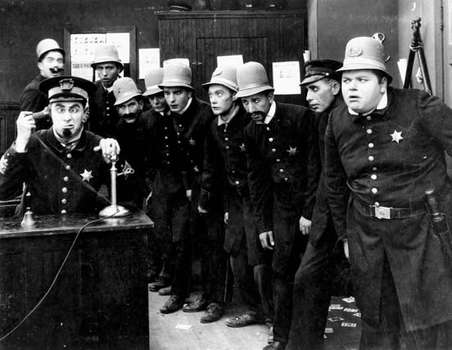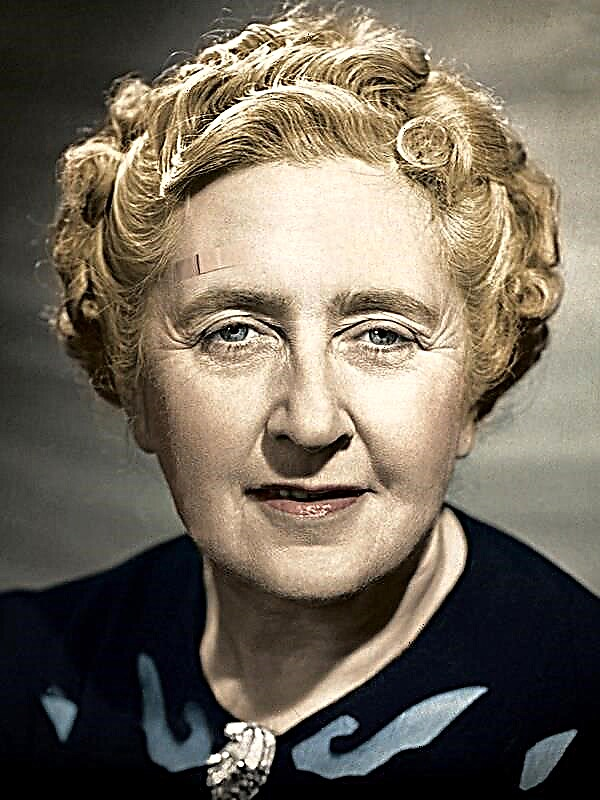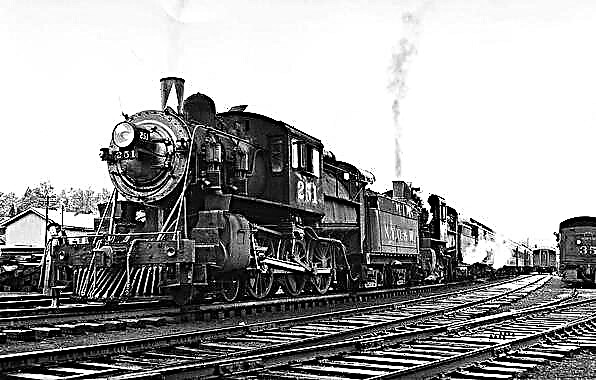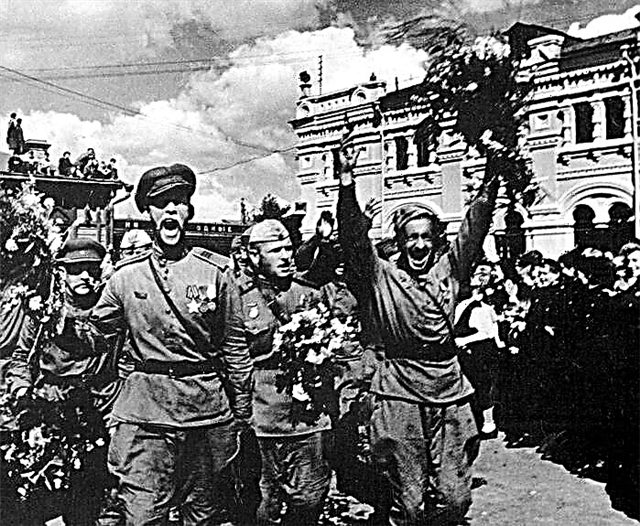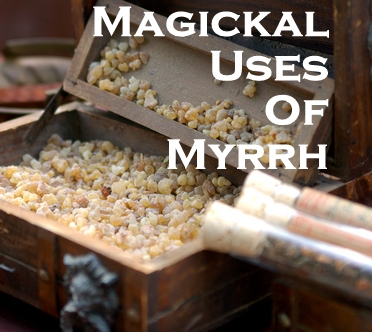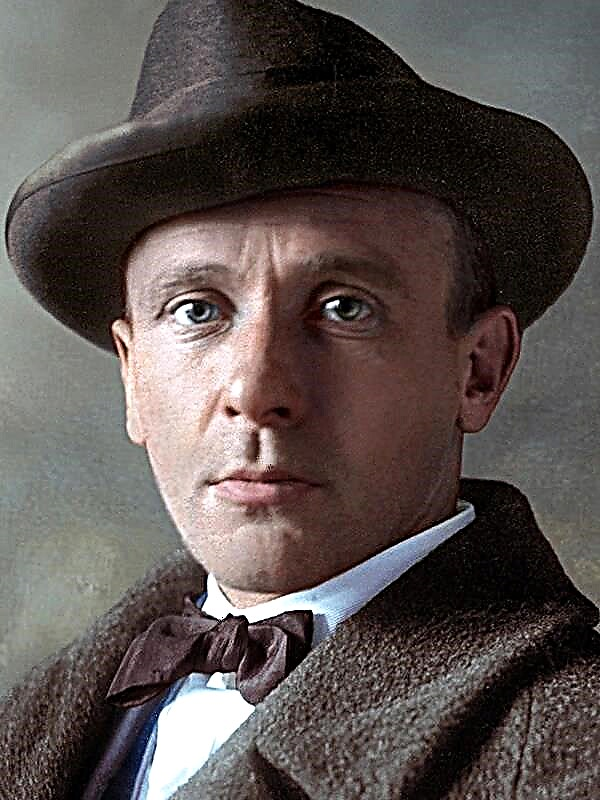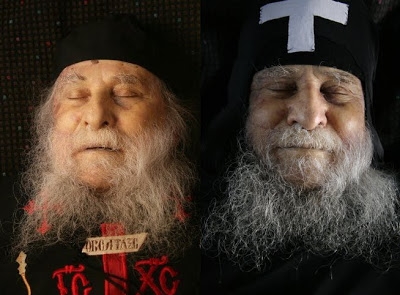“I was struck by the amazing variety of adventures marked on your face,” one day, Gilles Blas will say to a random person who meets one of the many people with whom the hero was brought together by fate and whose confession he had a chance to hear. Yes, the adventures that fell to the share of Gilles Blas from Santillana would indeed have more than ten lives. About these adventures and the novel narrates - in full accordance with its name. The story is conducted in the first person - Gilles Blas himself trusts the reader with his thoughts, feelings and innermost hopes. And we can trace from the inside how he is deprived of youthful illusions, grows up, grows up in the most incredible trials, is mistaken, regains his sight and repents, and finally finds peace of mind, wisdom and happiness.
Gilles Blas was the only son of a retired military man and servant. His parents were married not from their first youth, and soon after the birth of their son they moved from Santillana to the equally small town of Oviedo. They had the most modest wealth, so the boy had to get a bad education. However, he was assisted by a canon uncle and a local doctor. Gilles Blas proved to be very capable. He learned to read and write perfectly, learned Latin and Greek, became interested in logic and liked to engage in discussions even with unfamiliar passers-by. Thanks to this, by the age of seventeen, he had earned a reputation as a scientist in Oviedo.
When he was seventeen, his uncle announced that it was time to bring him to the people. He decided to send a nephew to the University of Salamanca. Uncle gave Gilles Blas several ducats for the road and the horse. Father and mother added to this the instruction "to live as an honest person should, not to get involved in evil deeds and, especially, not to encroach on someone else's good." And Gilles Blas went on a journey, hardly hiding his joy. Intelligent and knowledgeable in the sciences, the young man was still completely inexperienced in life and too gullible. It is clear that dangers and traps were not long in coming. In the first inn, he, on the advice of a cunning master, sold his horse for nothing. The crook, who sat down in the tavern for several flattering phrases, was royally treated to him, spending most of his money. Then he got into a wagon to a rogue driver who suddenly accused passengers of stealing a hundred pistols. From fear, those scatter wherever they go, and Gilles Blas rushes into the forest faster than others. Two horsemen grow on his way. The poor fellow tells them what happened to him, they sympathetically listen, chuckle and finally say: “Calm down, friend, go with us and don't be afraid of anything. We will take you to a safe place. ” Gilles Blas, not expecting anything bad, sits on a horse behind one of the oncoming ones. Alas! Very soon he was captured by forest robbers who were looking for an assistant to his cook ...
So events are swiftly unfolding from the very first pages and throughout the entire huge novel. The whole "Gilles Blas" - an endless chain of adventure adventures falling to the lot of the hero - despite the fact that he himself does not seem to be looking for them. “I am destined to be a toy of fortune,” he will say about himself after many years. This is not so. Because Gilles Blas not only obeyed the circumstances. He always remained active, thinking, courageous, deft, resourceful. And most importantly, maybe quality - he was endowed with a moral feeling and in his actions - albeit sometimes unaccountably - was guided by him.
So, he with mortal risk got out of the robbery captivity - and not only escaped himself, but also saved a beautiful noblewoman, also captured by thugs. At first, he had to pretend that he was delighted with the robber life and wanted to become a robber himself. If he had not entered into confidence in the bandits, the escape would have failed. But as a reward, Gilles Blas receives appreciation and a generous reward from the Marquise of Don Mancia saved by him. True, this wealth was briefly held in the hands of Gilles Blas and was stolen by regular deceivers - Ambrosio and Raphael. And again he finds himself penniless in the pocket, in the face of the unknown - albeit in an expensive velvet suit, sewn with the money of the marquise ...
In the future, he is destined to an endless series of successes and troubles, ups and downs, wealth and need. The only thing that no one can deprive him of is his life experience, which is involuntarily accumulated and comprehended by the hero, and the feeling of the homeland, along which he travels in his travels. (This novel, written by a Frenchman, is permeated by the music of Spanish names and geographical names.)
... After reflection, Gilles Blas decides not to go to the University of Salamanca, because he does not want to devote himself to a spiritual career. His further adventures are entirely connected with the service or the search for a suitable place. Since the hero is handsome, competent, smart and agile, he finds a job quite easily. But he doesn’t stay with a single owner for a long time - and each time through no fault of his own. As a result, he gets the opportunity for a variety of impressions and the study of morals - as befits the nature of the rogue novel genre.
By the way, Gilles Blas is really a rogue, or rather a charming rogue, who can pretend to be a simpleton, and seduce, and cheat. Gradually, he conquers his childhood credulity and does not make it easy to fool himself, and sometimes he starts up in dubious enterprises. alas, the qualities of a rogue are necessary for him, a raider, a man without a clan and tribe, in order to survive in a large and harsh world. Often his desires do not extend beyond having a warm shelter, every day there is enough to work and to the best of his ability, not wear.
One of the works, which at first seemed to him the height of luck, was with Dr. Sangrado. This smug doctor for all diseases knew only two means - drink plenty of water and bleed. Without thinking twice, he taught Gilles Blasse the wisdom and sent him on a visit to the sicker. “It seems that there has never been so much funeral in Valladolid,” the hero cheerfully praised his own practice. Only after many years, already in adulthood, Gilles Blas will remember this youthful dashing experience and will be horrified by his own ignorance and arrogance.
Another sinecure stood out to the hero in Madrid, where he got a footman by a secular dandy, who was godlessly burning his life. This service was reduced to idleness and swagger, and the lackey friends quickly knocked out provincial manners from Gilles Blas and taught him the art of chatting about nothing and looking down on others. “From the former rational and power-hungry youth, I turned into a noisy, frivolous, vulgar helipad,” the hero admitted with horror. The matter ended with the owner falling into a duel - as meaningless as his whole life had been.
After that, Gilles Blasa was sheltered by one of the friends of the late duelist - the actress. The hero plunged into a new environment, which first enchanted him with bohemian brightness, and then scared away empty vanity and transcendent revelry. Despite the relaxed idle existence in the house of a cheerful actress, Gilles Blas once fled from there where his eyes look. Reflecting on his various masters, he sadly admitted: “Some envy, anger and stinginess reign, others renounced shame ... Enough, I do not want to live more among the seven deadly sins.”
So, while slipping away from the temptations of an unrighteous life, Gilles Blas escaped many dangerous temptations. He did not - although he could, due to circumstances - neither a robber, nor a charlatan, nor a fraudster, nor a slacker. He managed to maintain his dignity and develop business qualities, so that in his prime, he found himself close to his cherished dream - he got the secretary's place from the all-powerful first minister of the Duke of Lerma, gradually became his main confidant and gained access to the secret secrets of the court of Madrid itself. It was here that the moral abyss opened before him, into which he almost stepped. It was here that the most sinister metamorphoses occurred in his personality ...
“Before I got to the court,” he remarks, “I was naturally compassionate and merciful, but there human weaknesses evaporate, and I became stale than stone. I was also healed of sentimentality towards friends and ceased to be attached to them. ” At this time, Gilles Blas moved away from his old friend and countryman Fabrice, betrayed those who helped him in difficult times, and all surrendered to the thirst for profit. For huge bribes, he promoted to seekers of warm places and honorary titles, and then shared the booty with the minister. The clever servant Sipion endlessly found new petitioners ready to offer money. With equal zeal and cynicism, the hero was engaged in pandering for the crowned persons and the device of his own well-being, looking for a richer bride. The prison helped him to see him, one fine day: as expected, noble patrons betrayed him with the same ease with which they had previously used his services.
Miraculously surviving after a many-day fever, he imprisoned anew to rethink his life and felt a previously unfamiliar freedom. Fortunately, Sipion did not abandon his master in trouble, but followed him into the fortress and then secured his release. The master and servant became close friends and after leaving prison they settled in a small remote castle, which was presented to Gilles Blas by one of his long-time comrades - don Alfonso. Strictly judging himself for the past, the hero experienced remorse for a long separation from his parents. He managed to visit Oviedo on the eve of his father's death and arranged a rich funeral for him. Then he began to generously help his mother and uncle.
Gilles Blas was destined to survive the death of a young wife and newborn son, and after that another serious illness. Despair almost overwhelmed him, but Sipion managed to persuade a friend to return to Madrid and again serve at the court. There was a change of power - the mercenary Duke of Lerma was replaced by the Honorable Minister Olivares. Gilles Blasse, now indifferent to any palace temptations, managed to prove his need and feel satisfaction in the field of noble service to the fatherland.
We part with the hero when, retiring from affairs and remarrying, he "leads an enjoyable life in the circle of dear people." To top it off, heaven deigned to award him with two children, whose upbringing promises to be a distraction of his old age ...

